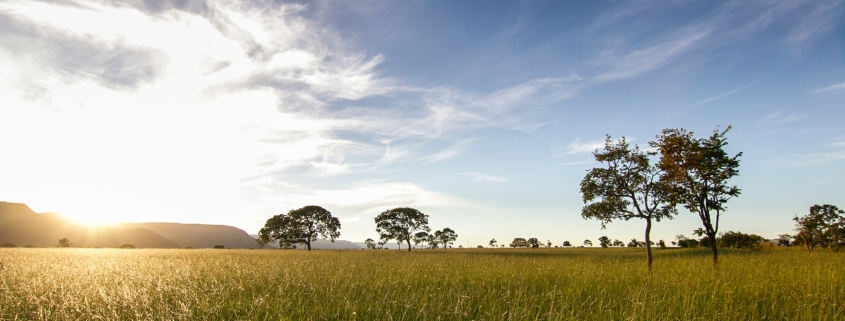‘Viable, Just & Necessary’: Agroecology Is a Movement in Brazil
The Landless Workers Movement in Brazil (or MST, its acronym in Portuguese) is one of the largest social movements in the world. Born in the early 1980s at the end of the country’s 21-year military dictatorship and in the midst of persistent land inequality, the movement has been at the forefront of land reform in Brazil for decades. Their work is focused on making a reality of the country’s constitutional promise that land should ‘serve a social purpose.’ Against a backdrop of great inequality – 10% of the largest farms occupy nearly three-quarters of agricultural land – the MST has been organizing families to occupy, settle, and farm throughout the country.
In the four decades since its creation, the MST has organized more than 350,000 families to create communities, cooperatives, farms, small-scale food processing enterprises, and farmers markets. An additional 90,000 families still live in informal encampments on contested land, struggling for official land title.

